02 Feb 2019
Are you working with Jupyter Notebook and Python? Do you also want to benefit from virtual environments? In this tutorial you will see how to do just that with Anaconda or Virtualenv/venv.
23 Jan 2019
Say you have an external hard drive with layers upon layers of cryptically named folders and intricate mazes of directories (like here, or here). How can you make sense of this mess? Python offers various tools in the Python standard library to deal with your file system and the folderstats module can be of additional help to gain insights into your file system.
07 Jan 2019
The Python standard library offers a powerful set of tools out of the box including file system handling. In this quick little article you’ll see a couple of useful recipes to compare files and directories with the filecmp module.
28 Nov 2018
Python’s pickle module is a powerful tool for serializing and deserializing Python objects. Pickle can take almost any Python object and turn it into a string representation, which can then be stored in a file, database, or transmitted over a network connection.
30 Oct 2018
This quick little tutorial shows how to setup a simple local testing server with Python.
19 Oct 2018
This is a quick little guide on how to run a Python script in the background in Linux.
04 Aug 2018
In this short article we will take a quick look on how to use Keras with the familiar Iris data set. We will compare networks with the regular Dense layer with different number of nodes and we will employ a Softmax activation function and the Adam optimizer.
01 Aug 2018
In this article, we will be going through building queries for Wikidata with Python and SPARQL by taking a look where mayors in Europe are born. This tutorial is building up the knowledge to collect the data responsible for this interactive visualization from the header image which was done with deck.gl.
05 Jun 2018
There are many ways to compare countries and cities and many measurements to choose from. We can see how they perform economically, or how their demographics differ, but what if we take a look at data available in OpenStreetMap? In this article, we explore just that with the help of a procedure called t-SNE.
15 May 2018
OpenStreetMap (OSM) is a massive collaborative map of the world, built and maintained mostly by volunteers. On the other hand, there exist various indicators to measure economic growth, prosperity, and produce of a country. What if we use OpenStreetMap to predict those economic indicators?
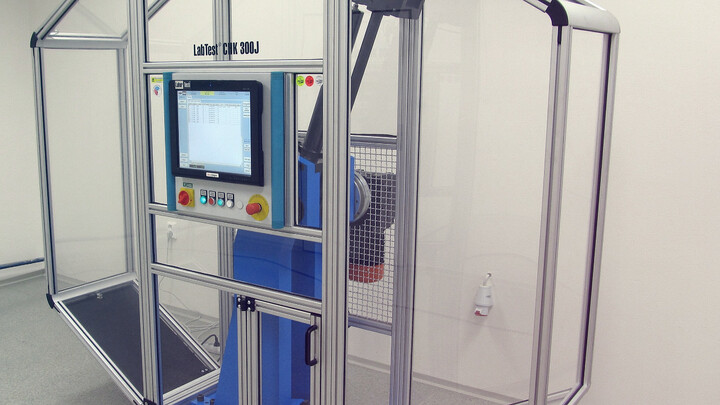 Using Virtual Environments in Jupyter Notebook and Python
Using Virtual Environments in Jupyter Notebook and Python
 Analyzing Your File System and Folder Structures with Python
Analyzing Your File System and Folder Structures with Python
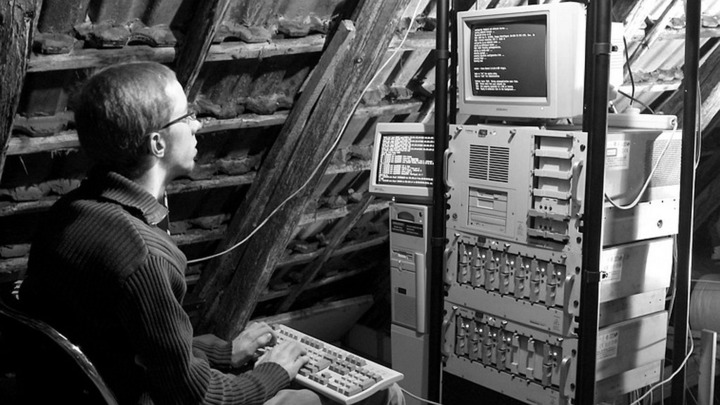 File and Directory Comparisons with Python
File and Directory Comparisons with Python
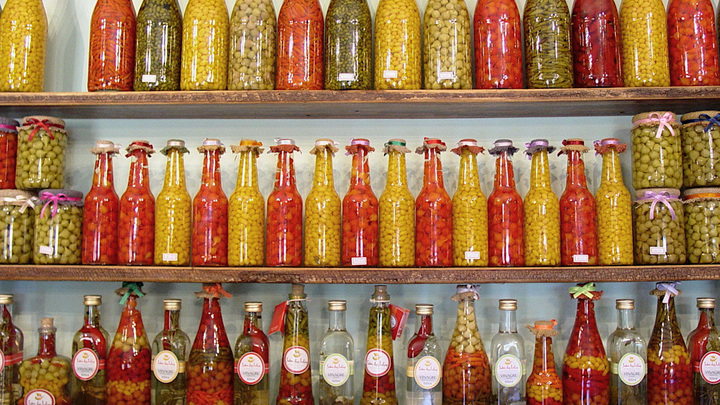 Object Serialization with Pickle in Python
Object Serialization with Pickle in Python
 Local Testing Server with Python
Local Testing Server with Python
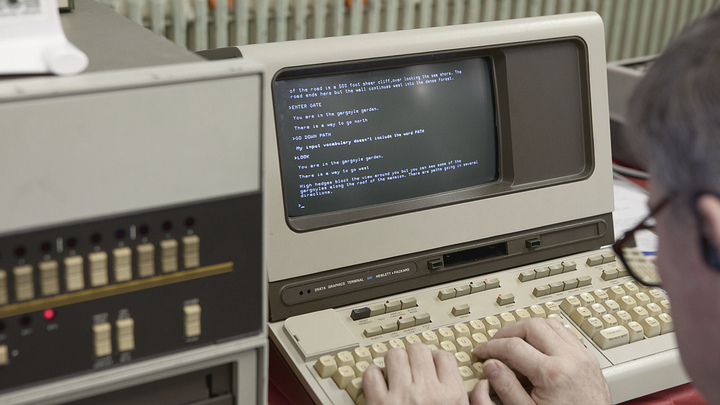 Running a Python Script in the Background
Running a Python Script in the Background
 Classifying the Iris Data Set with Keras
Classifying the Iris Data Set with Keras
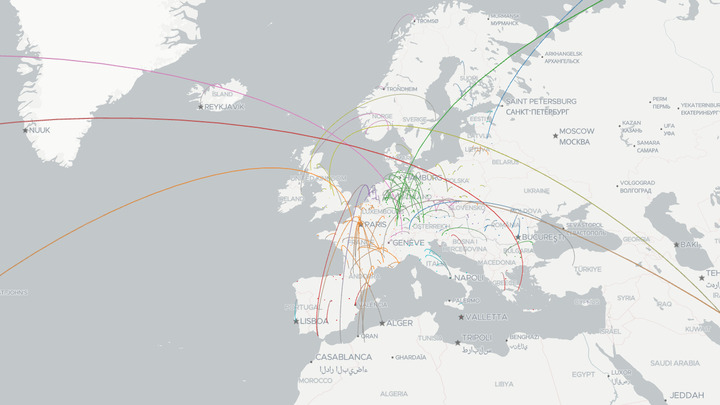 Where do Mayors Come From: Querying Wikidata with Python and SPARQL
Where do Mayors Come From: Querying Wikidata with Python and SPARQL
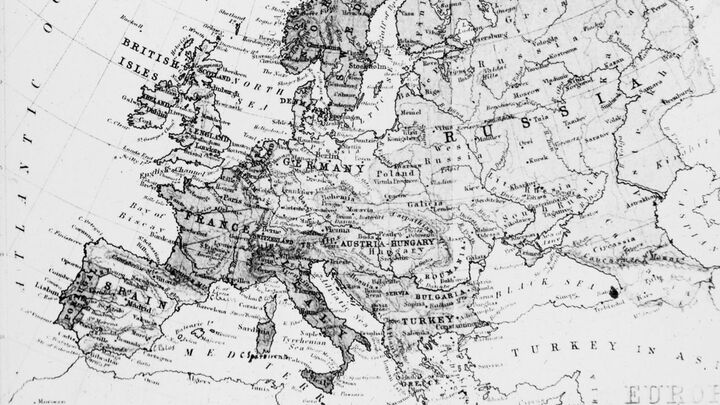 Compare Countries and Cities with OpenStreetMap and t-SNE
Compare Countries and Cities with OpenStreetMap and t-SNE
 Predict Economic Indicators with OpenStreetMap
Predict Economic Indicators with OpenStreetMap